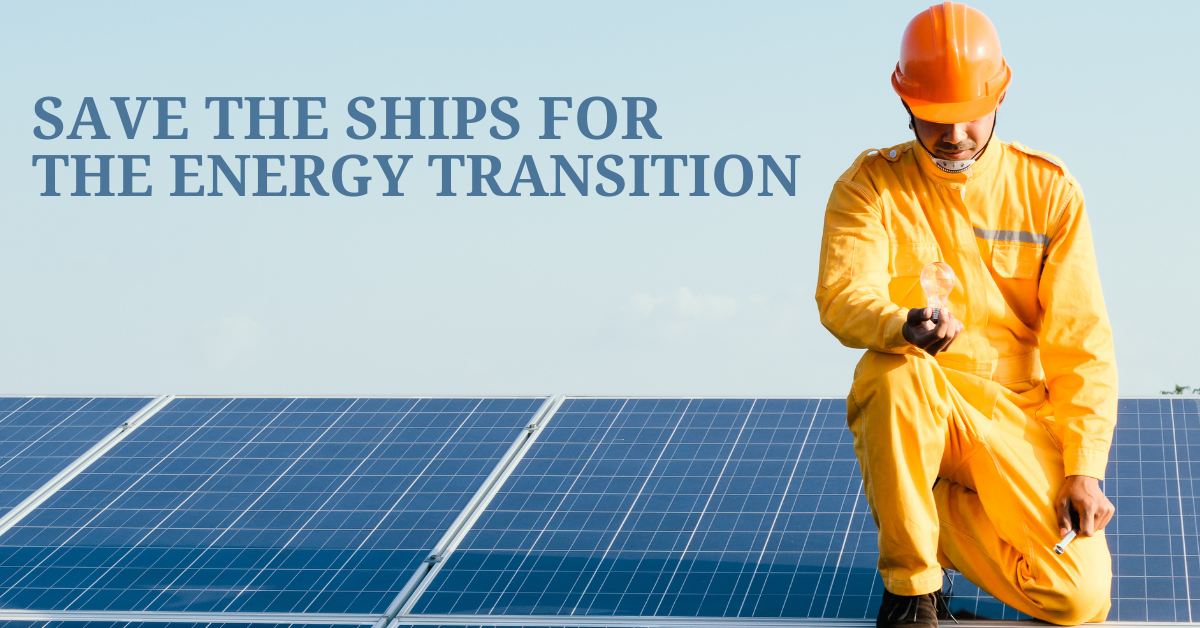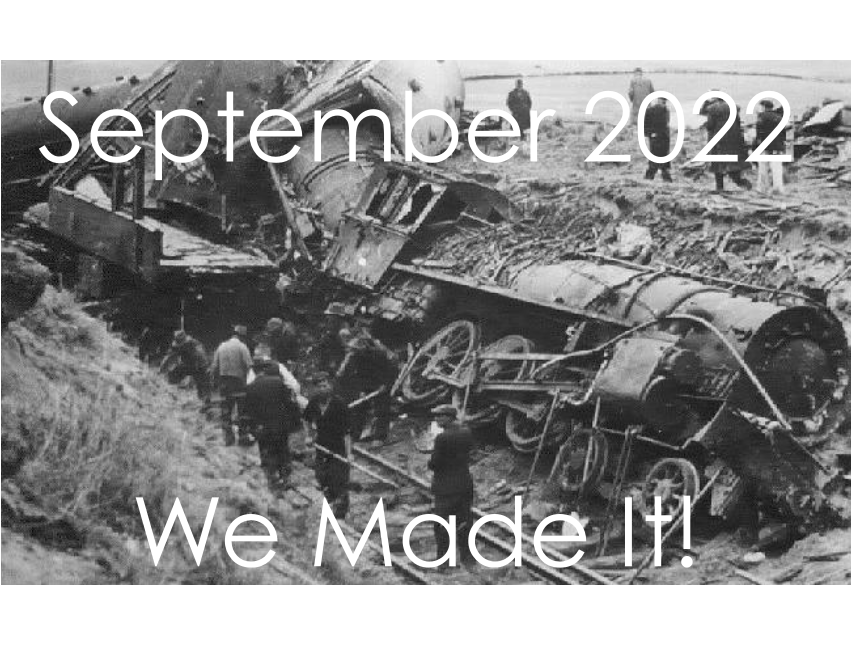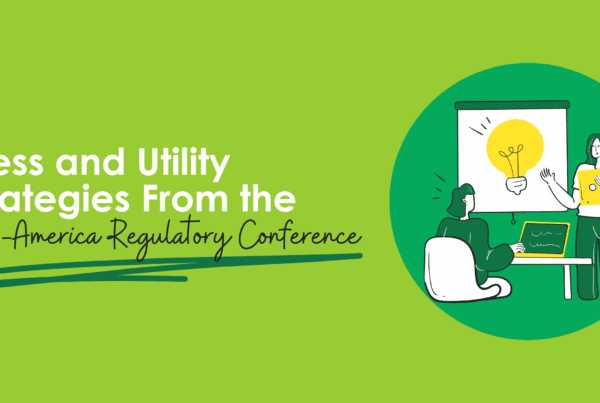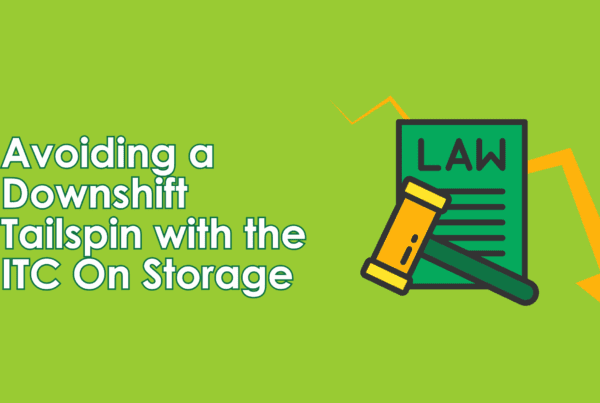
I’m not a casino gambler because I know who wins. I learned long ago that a stock is worth what the next guy will pay for it – nothing more and nothing less. Bad news is good news, and good news is bad. It’s entirely unpredictable. For example:
Bureau of Labor Statistics: “Two hundred thousand jobs were added last month, well short of the 500,000 expected increase.”
CNBC: “That was a horrible jobs report today!”
Stock Market: “Hurray! The Fed won’t raise interest rates,” and the market climbs two percentage points.
Commodities have more intrinsic value than securities, and therefore, pricing is more predictable. A plague of locusts or drought that destroys a crop reduces supply and increases prices regardless of Federal Reserve action. In 1988, things were predictable, and I could have made a lot of money. It was the hottest, driest summer in my life on this planet. In the Midwest, record high temperatures were set several days per month over several months. It was brutal. Every Friday, grain futures tanked because, OMG, it might rain over the weekend! When it didn’t rain, and it didn’t, futures were up the limit on Monday. Buy Friday, sell Monday. I could have made a fortune. It was so predictable!
Take Action When You Don’t Need to Take Action
The perfect time to get money from the bank is when you are flush with cash. In fact, you can’t get a business loan from a bank unless you can prove you don’t need it. I hate banks.
So here we are. Energy prices are soaring. You can’t get anything: refrigerators, F-150s, Lithonia lighting fixtures, variable frequency drives, HVAC equipment, and so forth. Companies can’t find employees. People are leaving the labor market.
Efficiency is like capital. You should do it when you don’t need it. I said this long ago in fat times. I am not a Monday morning quarterback on this.
Ship Burning to The Energy Transition is Dangerous
This brings me to a fascinating article from Canary Media, distributed by AESP’s newsletter, The Energy Feed (join and get it here). The article allows me to describe why and how transitioning to clean energy should be like getting a business loan. I.e., prove you don’t need the old supply before you burn the ship, which as of this moment is the plan for Oahu, September 2022. That is the time at which generators will be banned from coal consumption. A 200-megawatt coal plant with a capacity factor of 74%, which is very high for a coal plant, will shut down. Per my estimates, this plant provides 20% of the peak load and about 30% of the electricity to Oahu. Better get crackin’ with those solar panels and batteries!
I’m going to go out on a limb right here and say the law to cease burning coal will be rescinded, at least temporarily, then maybe indefinitely. Why? Because lawmakers and policymakers don’t understand engineering, the desires and rights of individuals, businesses, and cash flow.
Cue the Circular Firing Squad
The utility outsourced most solar and battery development to independent contractors. “It is the job of the developer to secure land rights and get permits.” At this never-before-seen massive scale, mainlanders were required to ramp up capacity to build the generation fast enough to keep the lights on by September 2022.
Hawaii has a scarcity of land, and the most suitable land for solar farms is zoned for agriculture. Who’d have guessed this? Lawmakers? The Governor? No. Land acquisition and zoning by mainlanders, aka haoles, are met by a wall of pushback from the locals. Again, who’d have thunk? Some developers, “especially those not accustomed to doing business in the state,” were surprised. They should have called me because even I knew that.
The commission was surprised by the 12–18-month delays in permitting and contracting. How is this surprise possible? Do they not know their own people or even people in general? That’s like being surprised for pushback on the development of a solar farm to cover our beautiful west-facing bluffs in La Crosse. What’s the matter with you La Crosse people? Jeez Louise!
The developers complain that the utility grid planners take too long to ensure that millions of scattered kW of solar panels will not melt the grid in certain places. Stupid engineers who swear an oath to protect the safety and wellbeing of society! Want to see the result of installing solar panels at scale with no planning: a $30,000 asset that cannot be connected because it would melt the grid. I’m just a schmendrick, but I can see this coming. Of course, cash-strapped, highly-leveraged solar developers don’t understand or care about these constraints.
Next, the utility cancels a contract for a large solar plant because of delays. The developer sues the utility for taking too long for the interconnection study to ensure transformers and conductors don’t melt. The study began in 2018. The contract was canceled in 2020, and the study was completed in 2021. Oops.
Earthjustice, napalm on this dumpster fire, says the utility was too slow throughout the process. Sunrun, a solar contractor, states, “This is also largely about a utility overreaching on their response to a healthy solar industry, and now recognizing that they went too far.”
So the Governor’s office “mobilized his office later that month to track progress and speed up permitting for the solar projects.” Ooh, I’ll bet the suits in hardhats with clipboards will get things moving.
At this point, the commission is confident the transition will go smoothly. “It’s not a panic time.” I think it is.
Takeaway
This is a demonstration of how not to transition a grid. Policymakers must understand people, vastly different businesses involved, from utilities to wildcatter solar companies, grid planning, engineering, and much more. You cannot simply write and pass a bill, turn it over to the private sector, and declare victory.





